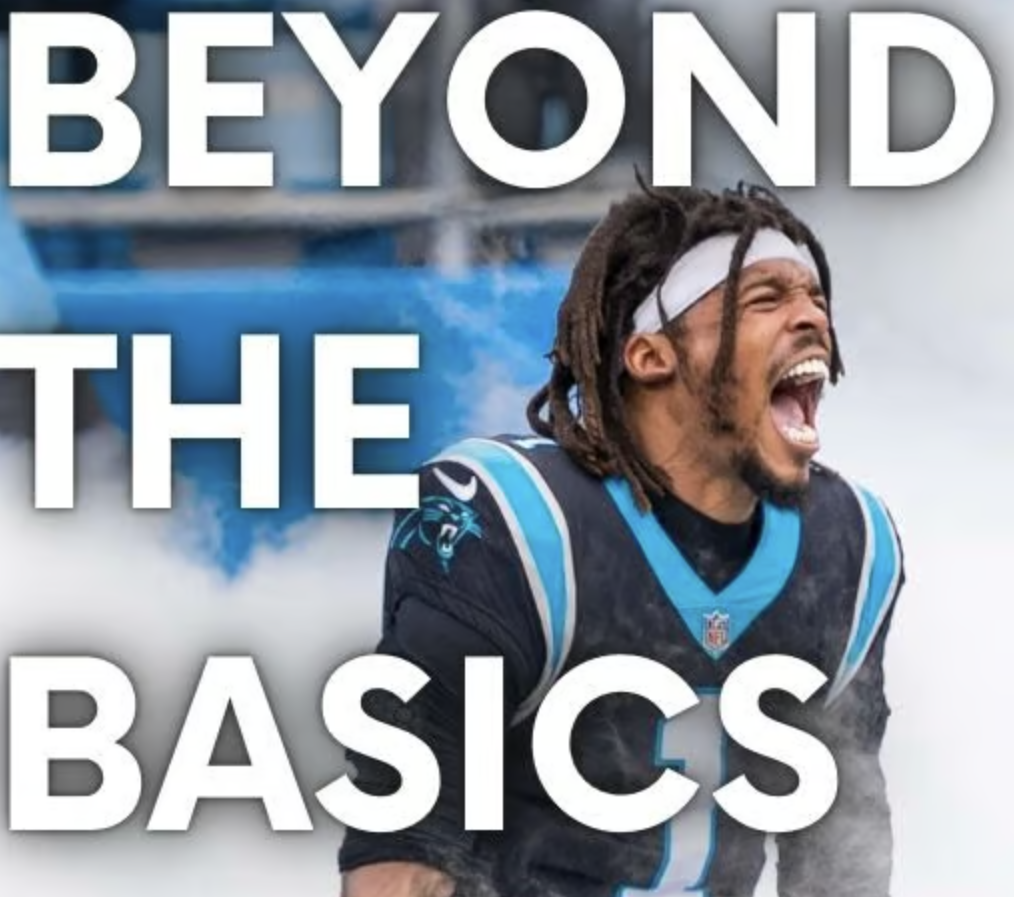
If you had told me a few years ago that fantasy football would end up shaping my academic and career path, I probably would’ve laughed. But in all seriousness, it was the spark that led me to major in what I do today.
I used to be obsessed with fantasy football, and I don’t mean that lightly. I could name three to four ...hundred NFL players off the top of my head. I knew virtually every offensive player on every team, including backups and third-stringers. But more than that, I was deep into the stats. I spent hours analyzing whether a player was too touchdown-dependent, if his recent slump was just variance, or if his performance was a sign of regression to the mean. I was constantly making trade decisions, evaluating weekly matchups, and building models in my head, without even realizing it was data analytics.
Eventually, I got pretty good at fantasy football. And one day I thought, “Why don’t I write down the strategies I use to win?” This would help me prove to myself that it wasn't just luck(though that was a huge factor), and It would help me identify what I was doing so i could replicate it and it didn't get lost in my head. So, at the end of high school, I opened a Google Doc and started writing. But what started as a brain dump quickly turned into something more ambitious: an e-book.
This project ended up teaching me far more than I expected. First, it forced me to clearly organize and explain my thinking, not just in my head, but in writing(and this was a little more difficult than I thought, but it really forced me to fully parse out my ideas). Second, I had to learn how to actually create an e-book. That meant formatting the content, sourcing images legally (I used Creative Commons licenses and cited everything), writing captions, proofreading multiple times, and polishing it into something I could be proud of.
But the work didn’t stop once the book was finished. I had to figure out how to actually sell it. I created a storefront using Payhip, which was free and easy to set up. Then I went in on marketing. I manually reached out to over 120 football themed Instagram accounts(within parameters I had set to make sure they were realistic and worthwhile targets), made a new Instagram page, and started editing and posting videos to build an audience. I had some video and social media experience already, so some of the content gained traction.
I also experimented with Facebook and Instagram ads. I created an ad that drove a decent number of clicks to my site, even though it didn’t lead to sales, it taught me how to hook people with visuals and messaging. I learned how to use the Facebook Ads Manager and understood the backend of ad targeting, budgeting, and analytics. I even tried affiliate marketing by reaching out to accounts for partnerships, which didn’t pan out, but gave me insight into influencer and affiliate dynamics.
In the end, I didn’t sell many books. In fact, I’ll be honest, it was a total commercial failure. But as a learning experience, it was one of the most valuable things I’ve done. It connected my love of data and strategy to real-world skills: writing, marketing, digital publishing, outreach, and advertising.
Looking back, this project helped me realize that what I enjoy most is analyzing systems, understanding behaviors, and turning insights into action, whether that’s about football players or business decisions. It also showed me that I love building things from the ground up, even if they don’t always work out. That’s what ultimately led me to the intersection of business, data, and technology, and I’m incredibly grateful fantasy football showed me the way.